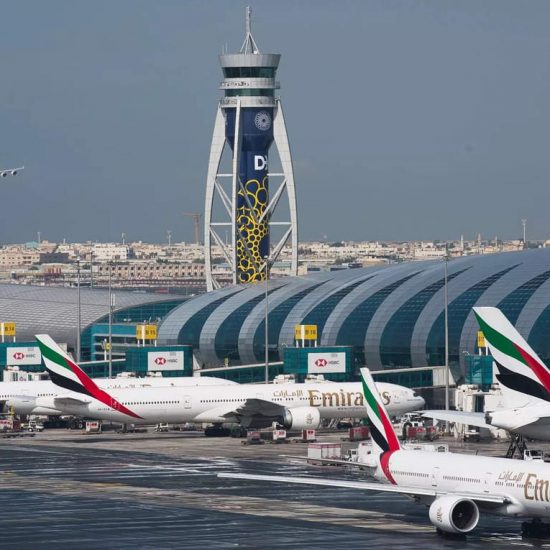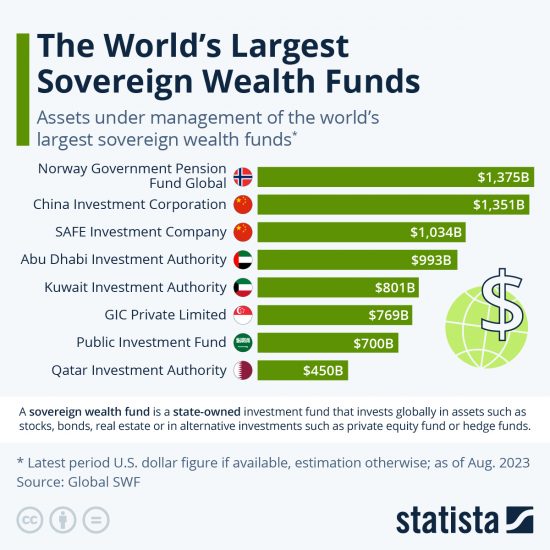 The 2013 Dubai Airshow is expected to be one of the most popular in the show’s history, with more than 1,000 exhibitors and 60,000 visitors already registered.The five-day show, which kicks off November 17 this year, will be held for the first time at the city’s new $32 million Al-Maktoum International Airport — set to be the world’s largest on its 2027 completion.
The 2013 Dubai Airshow is expected to be one of the most popular in the show’s history, with more than 1,000 exhibitors and 60,000 visitors already registered.The five-day show, which kicks off November 17 this year, will be held for the first time at the city’s new $32 million Al-Maktoum International Airport — set to be the world’s largest on its 2027 completion.
“The days where air shows were dominated by Paris and Farnborough are gone,” says Saj Ahmad, a chief analyst with StrategicAero Research.
“Dubai is home to Emirates and (budget carrier) flydubai, two of the fastest growing airlines in the world, and thanks to its ever-expanding airport — which could push Heathrow down the rankings table next year — Dubai has shown that the region is key to the aviation market.”
The Airshow, which first launched in 1989, has become pivotal for plane manufacturers. Over $155 billion worth of deals took place at the 2007 show — the largest figure for any global aviation event. That same year, Emirates ordered £31.7 billion worth of Airbus A380s — the biggest single order in airline history. In 2011, Boeing received its largest aircraft order — also from Emirates — for $18 billion worth of 777-300ERs.
“The legacy of Paris and Farnborough are important. However, Dubai’s prominence as a venue for game-changing deals is one that the two European hosts will never match,” says Ahmad.
Already there are mumblings of record-breaking orders planned for this year’s event. Likely, Boeing will unveil orders for their new 777X widebody jet, and there’s rumors that Emirates is planning to purchase 100 of the planes for upwards of $30 billion, while Abu Dhabi’s Etihad Airways is supposedly set to buy 25 to 30.
It should probably come as no surprise that aviation makes up a bulk of Dubai’s economy; the industry accounts for nearly 20% of Dubai’s workforce and 28% of its GDP. It is becoming important in other countries in the region as well. Aviation contributes $11.4 billion to Qatar’s economy and more than $19.45 billion to Saudi Arabia’s.
“The geographic position of the Gulf happens to be excellent in the 21st century economic context,” notes John Strickland, an independent transport consultant.
“Carriers like Emirates, Etihad and Qatar can access emerging markets in Africa, Asia and Latin America and connect them in a way that is meaningful to travelers, and that European carriers can’t hope to copy. If you want to fly from Africa to China, in terms of lines on a map, it just doesn’t make sense to stopover in Europe.”-CNN








